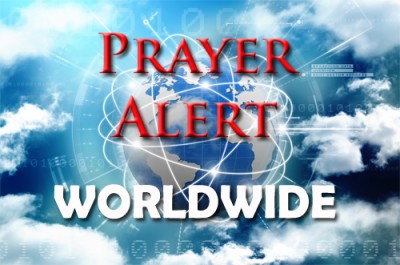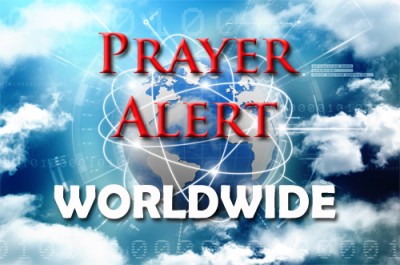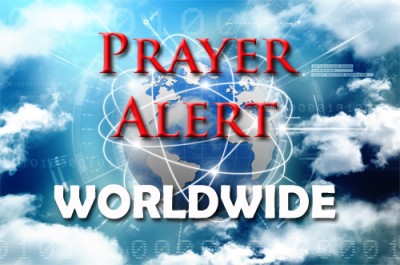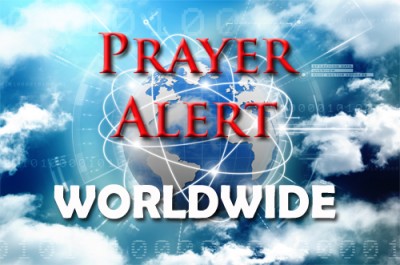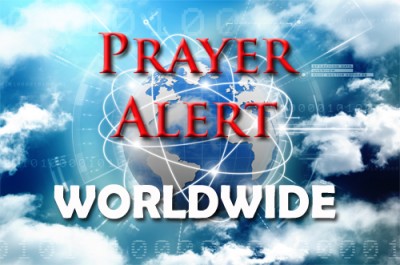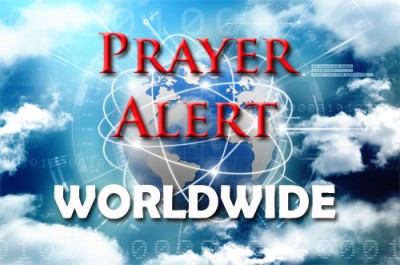Just Transition: a framework for change
21 Nov 2019After centuries of global plunder, the industrial economy is severely undermining the life support systems of the planet. Just Transition believes we must build visionary economies different from the ones we are now in. This requires stopping the bad while at the same time building the new: changing the rules to redistribute resources and power to local communities, shifting from incinerators and landfills to zero waste, from dirty energy like coal to energy democracy. Burning coal is a huge driver of climate change. Coal mining employs six million people globally, and is the linchpin of many communities. Nuclear energy, fracking, and ‘clean coal’ are offered as economic solutions, but they harm the health of people and the planet. The path of extracting, transporting, processing, and consuming these technologies is paved with cancer and respiratory disease, among other devastating health impacts. These ‘solutions’ turn low-income communities into sacrifice zones.
Antibiotic Awareness Week
21 Nov 2019‘I only spent one week in Mosul, but I’ll never forget what I saw. The scars of war there are not just destroyed buildings, closed hospitals, and empty streets; they are also adults and children in severe pain, injured first by war and then infected by bacteria that defy treatment by most available antibiotics. People wonder if they will ever walk, play football with their friends, or even lift a cup of tea again. I’ve been working as an epidemiologist with Médecins Sans Frontières for eight years, focussing on measles, malaria, cholera, malnutrition, and other major health crises. I witnessed children, severely underweight, needing immediate treatment to survive. We understand how to treat life-threatening situations, but now antibiotic-resistant infections are in Gaza, Aden, and Mosul. They are incredibly complex to manage and difficult to explain, and can take a huge psychological toll on patients. This is World Antibiotic Awareness Week, but one week is not enough.’
Hong Kong: threat to religious freedom
21 Nov 2019A Christian activist says the religious freedoms of Hong Kong citizens could be at risk if the government continues to ignore the demands of protesters. The violence is some of the worst seen in the territory since anti-government demonstrations began almost six months ago. Co-founder and chair of human rights charity Hong Kong Watch, Ben Rogers, says, ‘It's worth remembering that the violence really was started by the police. If general freedoms are further eroded, sooner or later religious freedom will be affected. If Hong Kong's way of life is dismantled, then the church will be directly affected, and so pray specifically for the Hong Kong church at this time.’ May the global Church hear Rogers’ concern for the potential implications this conflict could have on religious rights in Hong Kong, and pray accordingly.
Pakistan: Christian’s murder is covered up
21 Nov 2019The family of 18-year-old Akash, a Christian working at a bakery, claim their son was murdered by Muslim co-workers. ‘My son was an expert at baking and his expertise was liked by the customers, but he faced religious discrimination and jealousy at work’, says Sarwar, Akash’s father. On 24 September, the bakery informed Sarwar that his son was not well and had been taken to hospital. When he arrived there, his son was already dead. He attempted to investigate, but the bakery said, ‘We will teach you a lesson if you go for legal course against us.’ The police claim that Akash committed suicide. A video of his body was released on Facebook, showing signs of torture on his back and neck. The video has gone viral. Sarwar’s application to exhume Akash’s body for investigation has been denied by the court - delaying tactics to nullify evidence.
Last year Vietnam passed a cybersecurity law requiring social media sites to remove any content requested by the government. Of the 128 political prisoners in jail, approximately 10% were jailed over alleged Facebook posts. Nguyen Nang Tinh, a 43-year-old Christian music teacher, has been sentenced to eleven years in prison on charges of propaganda against the state in Facebook posts. On 17 September, police officially closed the investigation and set a court date. On 17 November he was sentenced by the courts, a month later than originally scheduled. He was charged with ‘fabricated, preserved and disseminated information, materials and objects with the aim of opposing the Socialist Republic of Vietnam’. The posts in question were made under a Facebook account with the same name, though Tinh has repeatedly claimed that it is not his.
Iraq: protests and scandals
21 Nov 2019Anti-government protests over corruption and lack of jobs and public services have continued since early October. On 21 November, force by security guards failed to unblock Baghdad bridges and al-Tahrir Square where hundreds of protesters held their ground against bullets and teargas. They also have blocked roads around Basra. Road closures lead to large losses for the Iraqi economy and negatively affect the daily life of citizens by preventing the flow of food, medical supplies and other goods. Demonstrators demand comprehensive political reform, accountability for corruption, improvement of public services, and job opportunities. But protests are not reshaping the country's politics. They are affecting the entire region as new scandals against the government are revealed almost daily. The most recent exposed Tehran's growing influence in Iraq.
Free Bibles to Kanye West fans
14 Nov 2019Kanye West's Jesus is King album has prompted the American Bible Society to offer 1,000 free Bibles. ABS said that curiosity about Christianity has soared since the US rapper released his first Christian album: ‘When we saw an influential cultural figure like Kanye inspiring young people to seek out answers to their faith questions, that was an opportunity to provide God's word and point people to it as a source for their questions about faith.’ Up to 1,000 copies of the Good News translation are available to fans who apply on the ABS website. According to Google Trends, online searches for ‘Jesus’ and ‘Christianity’ shot up significantly in the USA after West released his album on 25 October.
Ethiopia: increased spiritual hunger
14 Nov 2019Ethiopia is unique. It has its own alphabet and cuisine, and the people do not fit in with either sub-Saharan Africa or the Arabised North African peoples. 98% of the people claim some sort of religious affiliation; there is a spiritual hunger among Ethiopians. Whereas 3% were evangelicals in 1970, by 2015 this figure had risen to 19%. They are becoming Christ’s ambassadors to unreached peoples. The Kale Heywet (Word of Life) church supports 250 missionaries, working among 16 people groups. Wycliffe Bible Translators are working with Ethiopians to translate the Old Testament into the language of the Eastern Oromo people, most of whom are Muslim.
